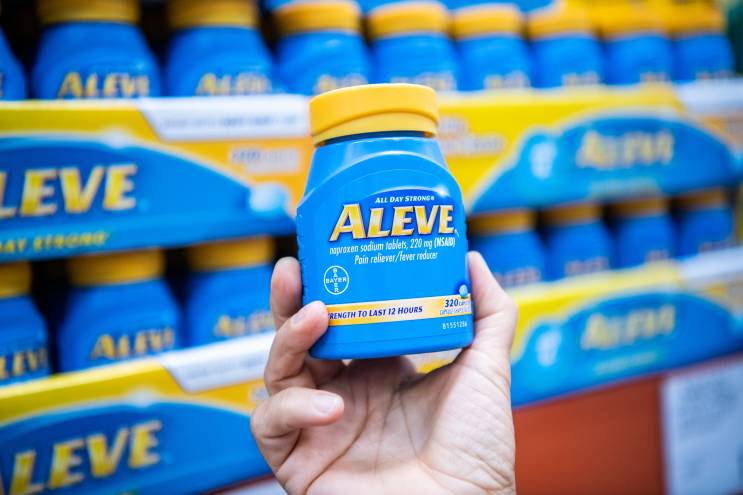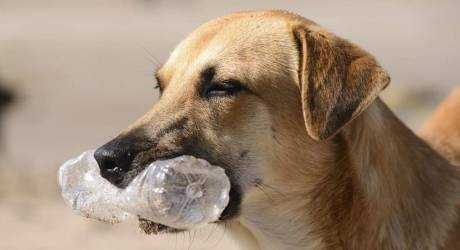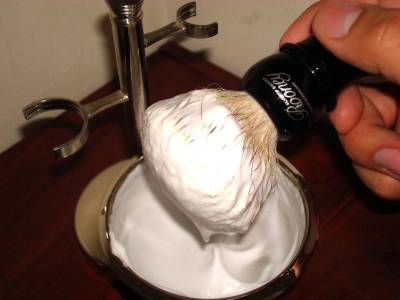Has your dog eaten a groundhog? Are you worried the groundhog could make your dog sick? If so, then you’ve come to the right place.
Connect with a verified veterinarian in minutes. Licensed vets are available 24/7 to answer your questions. No need to worry about your furry family member.
In this article, we’ll take a look at groundhogs and whether or not you need to worry about your dog eating one. Let’s get started!
What is a Groundhog?
Groundhogs, also called woodchucks, are rather large rodents. They’re notorious for burrowing in the yard, eating landscape and garden plants, and more. These are rodents that have large front teeth, which are used to cause damage to wood and other materials. In short, woodchucks are considered a nuisance.
These rodents can weigh between 6-12 lbs, making them the same size as a small dog! They’re about 20 inches long, with a 6-to-7-inch tail. A groundhog is a rodent but is much larger than a mouse or even some rats. Some woodchucks are also aggressive.
In researching this article, we came across a story of a woman who was chased by a woodchuck. She was outside, and the groundhog was rather territorial and chased the woman into her car. When others came to try to help her, the groundhog turned on them, too! So, they’re not nice, small rodents that are easily managed.
Do Groundhogs Carry Diseases?
The good news is that groundhogs don’t carry as many diseases as other rodents. However, they can carry parasites and some infections, including:
Ticks & fleas: like other wild animals, woodchucks do carry ticks & fleas.
Roundworms: which can be caught if a dog eats a dead woodchuck
Tularemia: this is an infectious disease caused by bacteria; symptoms of this infection can include lethargy, chills, headaches, fever, skin ulcers, swollen, painful lymph nodes, and more.
Rabies: this is another disease woodchucks may carry. The dog must come into contact with the animal’s saliva or brain matter in order to become infected. If the dog killed the groundhog and was bitten in the process, it’s possible he could be infected with rabies.
It’s also possible for dogs to pick up other diseases from eating dead animals, including food poisoning. Another problem is that the groundhog could have been poisoned. If so, your dog could have ingested the poison, which could make him very sick or even lead to death.

Review symptoms, medications & behavior to keep your pets healthy with a Vet Online in just minutes.
Ask a Vet Live NowWhat to Do if Your Dog Has Eaten a Dead Groundhog
If you know or suspect your dog has eaten a dead groundhog, or if he was bitten before killing the groundhog, then call the vet right away. Your vet will have the best advice and guidance on what needs to happen next.
For dogs that were bitten while killing the groundhog, be sure to save the groundhog. The vet will need to send it off to be analyzed for rabies.
Connect with a verified veterinarian in minutes. Licensed vets are available 24/7 to answer your questions. No need to worry about your furry family member.

Julie
Julie is a graduate of the University of North Carolina, Wilmington, where she studied Animal science. Though contrary to the opinion of her parents she was meant to study pharmacy, but she was in love with animals especially cats. Julie currently works in an animal research institute (NGO) in California and loves spending quality time with her little cat. She has the passion for making research about animals, how they survive, their way of life among others and publishes it. Julie is also happily married with two kids.
Review symptoms, medications & behavior to keep your pets healthy with a Vet Online in just minutes.
Ask a Vet Live Now




